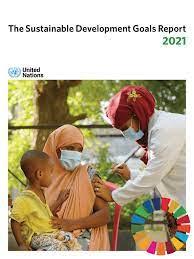Full Text Sharing

Coverage from SDGs HUB:
MESSAGE FROM Liu Zhenmin Under-Secretary-General for Economic and Social Affairs

Coverage from SDGs HUB:
MESSAGE FROM Liu Zhenmin Under-Secretary-General for Economic and Social Affairs
The idea is simple: creating an open “Portal” where engaged and committed citizens who feel to share their ideas and offer their opinions on development related issues have the opportunity to do...
Please fell free to contact us. We appreciate your feedback and look forward to hearing from you.
Empowered by ENGAGE,
Toward the Volunteering Inspired Society.
Add new comment